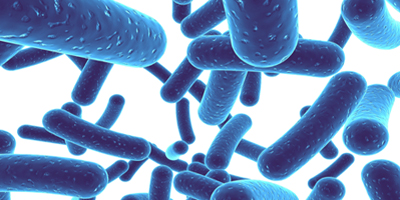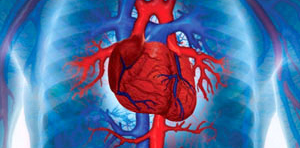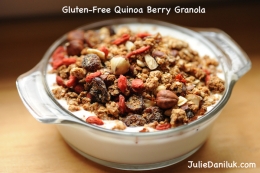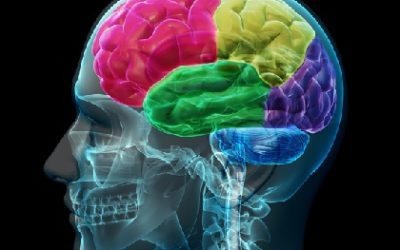An Interview with Caroline Farquhar, RHN by Jason Sebeslav, Owner The Peanut Mill Natural Foods Market Caroline Farquhar, RHN, BA is a Registered Holistic Nutritionist specializing in digestive care and cleansing. She educates audiences through seminars, TV and radio...
Blog
Get Rid of Bean Gas
Guest post by by Sonia Chartier, with Dominique Vanier It has happened to all of us: that moment when you feel the onset of gas, and the security of your own washroom is nowhere in sight. You scour your mind on what you ate for lunch. You ask yourself, “Could it have...
Saying No to Type 2 Diabetes
by Brad King, MS, MFS The world today is facing somewhat of a diabetes epidemic with over 340 million sufferers and growing – and most of them outwards! The condition of diabetes can be broken down into two different types; Type 1 and Type 2. Those suffering from Type...
Mushrooms for Immunity & Menopause?
An interview with Purica's Jason Watkin By Jason Sebeslav Jason Watkin is the founder, CEO and lead formulator of Purica, one of Canada’s top independently owned health product brands. His background in Western sciences, infused with the teachings of Eastern medicine...
Your Doctor Needs to Read this Heart Surgeon’s Article on Danger of Cholesterol Meds
Guest article by Dr Elie Klein, ND I’d like to share with you a recent article by Dr. Donald Miller, a heart Surgeon, which was just published in the journal of American Physicians and Surgeons. In this short, simple, yet comprehensive article, Dr. Miller provides...
4 low-stress breakfasts for back-to-school
Guest Post by Dr. Marita Schauch, BSc, ND This month my focus has really been on lowering stress, and helping the body relax and heal before the tornado that is back-to-school. But even as we approach what’s often the most hectic time of the year (especially if you...
Stressed? Low libido? Maca can make the difference!
An Interview with Brad King, MS by Jason Sebeslav Brad King is a best-selling author, an award-winning public speaker and one of Canada’s most respected natural health experts. He frequently appears on radio and television shows, including Breakfast Television,...
Wash your hands with yogurt to prevent infections?
Should doctors and other hospital staff be washing their hands with yogurt rather than antibacterial soap? This odd-sounding suggestion was part of a recent discussion paper by Professor Mark Spigelman of the UCL Centre for Infectious Diseases and International...
Aging Well: Keys to Longevity
An Interview with Dr. Jennifer Marion, ND By Jason Sebeslav Dr. Jennifer Marion, ND, is a general naturopathic practitioner specializing in anti-aging nutrition, weight loss, chronic care and pain management. Jennifer believes that providing her patients with the...
3 Ways to Prevent and Treat Brain Fog, Dementia & Alzheimer’s Disease
Nutrients, foods and mental exercises to keep your brain bright and healthy by Lorna Vanderhaeghe The human brain is the most complex organ in the body. It produces our every thought, action, memory, feeling and experience. Until recently, it was thought that if those...








